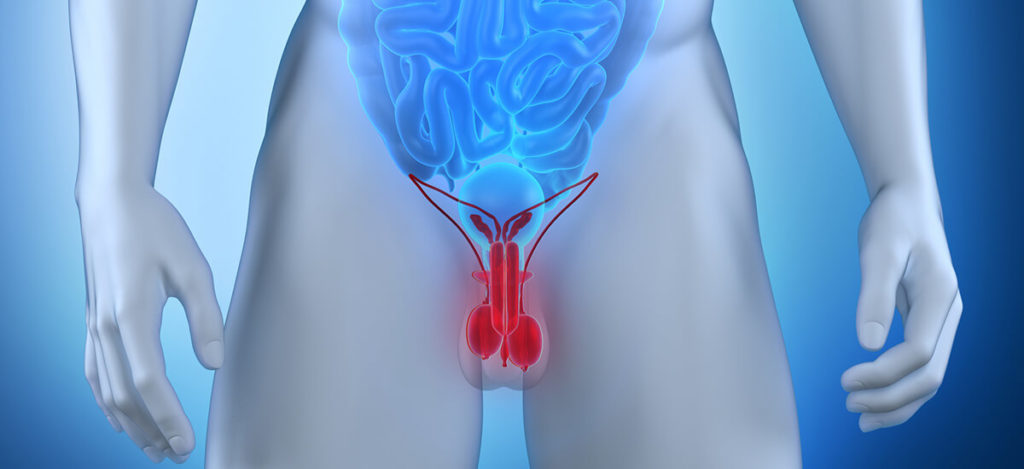This randomized phase III trial is studying celecoxib to see how well it works compared to a placebo in preventing the development of adenomatous colorectal polyps in patients who have had at least one polyp removed.
Official Title
Prevention of Sporadic Colorectal Adenomas With Celecoxib (APC)
Conditions
Colorectal Cancer
Study Type
Interventional
Study Design
Prevention, Randomized
Further Details
OBJECTIVES: Determine the safety and efficacy of celecoxib in reducing the occurrence of new sporadic adenomatous polyps (SAP) in the colon and rectum in patients who have undergone polypectomy for previous SAP.This is a randomized, double blind, placebo controlled study. Patients are entered on one of two treatment arms:
- Patients receive celecoxib twice a day for 3 years.
- Patients receive placebo twice a day for 3 years. Patients are evaluated for adenomatous colorectal polyps at 1 and 3 years.
Study Start
March 2000
Eligibility & Criteria
- Ages Eligible for Study: 30 Years and above
- Genders Eligible for Study: Both
Inclusion Criteria:
- DISEASE CHARACTERISTICS: At least one prior colorectal adenomatous polyp removed by polypectomy within the past 5 months and meeting any of the following criteria:
- One adenomatous polyp at least 6 cm in size
- Two or more adenomatous polyps of any size
- One adenomatous polyp and a documented history of adenomatous polyps
- No history of familial polyposis or hereditary nonpolyposis colorectal cancer
- No history of inflammatory bowel disease
- PATIENT CHARACTERISTICS:
- Age: 30 and over
- Hepatic: No chronic or acute hepatic disorder
- Renal: No chronic or acute renal disorder
- No prior participation in this study
- No significant bleeding disorder or other condition that would preclude study therapy
- No history of hypersensitivity to COX-2 inhibitors, NSAIDS, salicylates, or sulfonamides
- No prior invasive cancer within the past 5 years other than nonmelanomatous skin cancer
- Fertile patients must use effective contraception
- PRIOR CONCURRENT THERAPY:
- Endocrine therapy:
- At least 2 months since prior oral corticosteroids received 3 or more times per week
- At least 6 months since prior oral or intravenous corticosteroids received for more than 2 weeks duration
- No anticipated oral or intravenous corticosteroid use of more than 2 weeks duration over the next 6 months
- At least 6 months since prior inhaled corticosteroids received for more than 4 weeks duration
- No anticipated inhaled corticosteroid use of more than 4 weeks duration over the next 6 months
- Use of mometasone (Nasonex) is not restricted (all other nasal steroids are prohibited)
- Surgery: No prior large bowel resection other than appendectomy
- At least 1 month since any prior treatment for gastrointestinal ulcer
- At least 2 months since prior nonsteroidal anti-inflammatory drugs (NSAIDS), other than aspirin, received 3 or more times per week
- No concurrent chronic NSAIDS, defined as a frequency of 1-week (7 consecutive days) for more than 3 weeks per year
- At least 1 month since prior investigational medications
- No other concurrent investigational drugs
- No concurrent fluconazole or lithium
- Endocrine therapy:
Total Enrolment
1000+
Contact Details
- Concord Repatriation General Hospital, Concord, New South Wales, 2139, Australia
- Sydney Children’s Hospital, Randwick, New South Wales, 2031, Australia
- Royal Brisbane Hospital, Brisbane, Queensland, 4029, Australia
- Flinders Medical Centre, Bedford Park, South Australia, 5042, Australia
- Monash Medical Center, Clayton, Victoria, 3168, Australia
- Royal Melbourne Hospital, Parkville, Victoria, 3050, Australia
- Western Hospital, Melbourne, Victoria, 3011, Australia
- Sir Charles Gairdner Hospital, Perth, Perth, Western Australia, 6009, Australia
- Fremantle Hospital, Fremantle, Western Australia, 6160, Australia
More information from The National Cancer Institute
All content and media on the HealthEngine Blog is created and published online for informational purposes only. It is not intended to be a substitute for professional medical advice and should not be relied on as health or personal advice. Always seek the guidance of your doctor or other qualified health professional with any questions you may have regarding your health or a medical condition. Never disregard the advice of a medical professional, or delay in seeking it because of something you have read on this Website. If you think you may have a medical emergency, call your doctor, go to the nearest hospital emergency department, or call the emergency services immediately.







